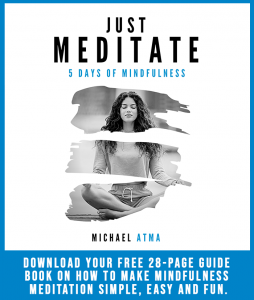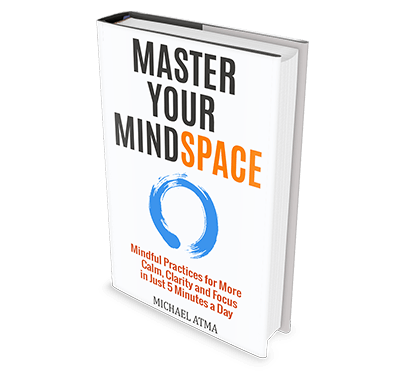
For many people relaxation is not quite as simple as it seems. From not getting a good nights sleep to adrenaline filled days trying to fit everything in life can be quite exhausting if we don’t take time out to recharge our batteries.
The Art Of Meditation
One of the easiest ways to do this is meditation. Meditation has long been used as a tool for deep relaxation and rejuvenation of mind, body and spirit. The fact is that there are a variety of meditation techniques you can use ranging from the more commonly known types of ‘passive’ meditation techniques to the less familiar ‘active’ meditation techniques.
After studying the art of meditation and relaxation for the past 20 years I have come to the conclusion that there is a meditation technique that will work for everyone, despite the fact that many people have given up on learning to meditate because they get frustrated when it doesn’t work for them straight away.
The secret is to find a meditation technique that works for you even if it means trying out several different techniques. To give-up before you find one that works for you is to miss out on one of the greatest relaxation and life-transforming tools on the planet.
Meditation as a Relaxation Technique
Let’s look at little closer at the two different kinds of meditations I spoke of earlier.
Passive meditation techniques are those that require nothing more than for you to sit down, close your eyes and either listen to a recorded visualization or use your mind to focus on something that helps your mind relax and slow down.
Active meditation techniques are for people who really find it hard to relax and unwind from the day. They work best for people whose minds are very active and who find sitting still for more than a few minutes about as easy as watching grass grow.
Natural Relaxation Through Meditation
Before we talk more about active meditations let’s look at some of the reasons why meditation is so good for you. Meditation is scientifically proven to lower your heart rate and blood pressure, change brain wave functions and reduce stress and tension in your body.
It is a convenient, practical and relaxing way to take time-out from hectic and demanding routines. The purpose of meditation is to slow down your brainwaves. As this happens your body starts to relax. This is exactly the same process that occurs when you fall asleep.
The deeper you sleep, the slower your brainwaves. This is what allows your body to detoxify from the day’s activities wake up feeling refreshed and recharged. You can also get the same benefit from a 20 minute meditation. Meditation is a natural way to slow down your brainwaves which then sends messages to your body to relax and get rid of excess tension in your body.
The latest research on meditation undertaken by medical schools proves that it reduces stress, blood pressure, heart disease and anxiety while it increases mental abilities, focus, concentration and longevity. Some of the other benefits of prolonged meditation practice are improvement in sleep patterns, more happiness and calmness and increased confidence and motivation.
How does meditation do all this?
While there are many scientific studies that go into detail of the how and why meditation positively impacts your life the bottom line is that it causes many changes in your brain functioning which has a positive impact on areas such as memory, focus, concentration, problem solving and creativity.
The by-product of this is that as your brainwave functions slow down during meditation your brain send outs chemical messages to your body to relax deeply, much similar as to when you fall asleep. This is when stress and anxiety melt away and you feel instantly calm and relaxed.
Meditation Is The Ultimate Relaxation Technique
I recommend starting off with an active meditation technique if you find it hard to meditate silently in a seated position. One of the best meditation techniques you can start with is progressive muscle relaxation.
No matter what meditation you start with make sure you get into the habit of doing it daily for the first 7 days. This will achieve two things. Firstly it will get you into the habit of taking time-out to relax. Secondly, this is enough time to do a comparison on the impact a full week’s meditation has had on your stress levels.
Once you are convinced that meditation works for you it’ll be much easier to fit it into your everyday routines because you’ll know first-hand the incredible power it has to relax your entire mind and body in minutes.


